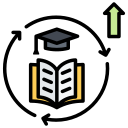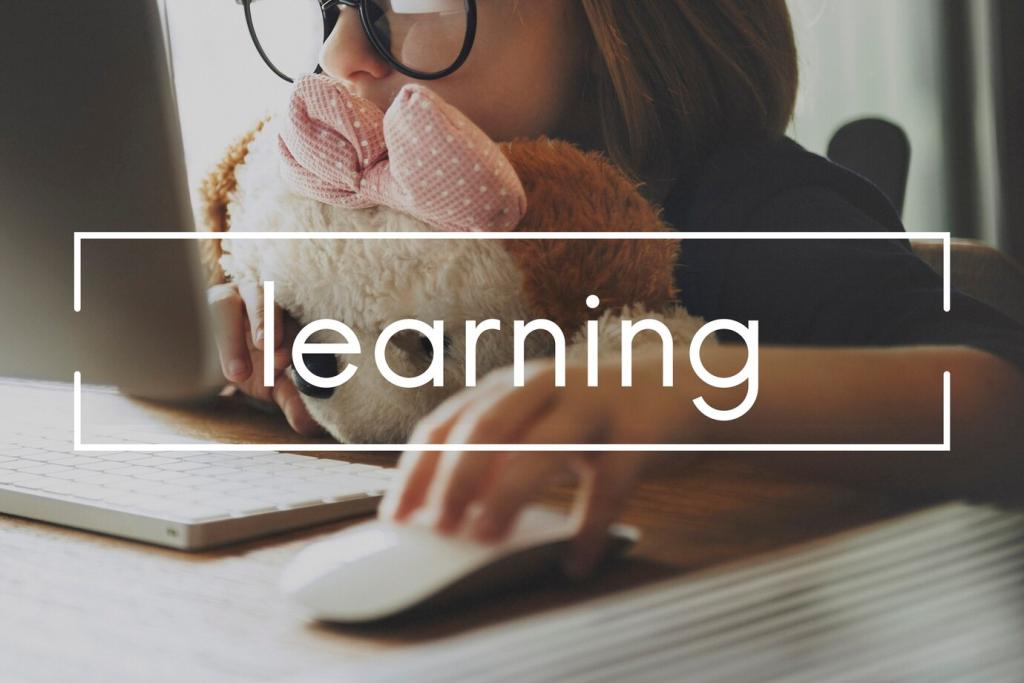Stories from the Field: Gamification in Action
A teacher turned budgeting into a cooperative quest where teams funded a school event using transparent expense categories. Students reported greater confidence discussing trade-offs at home. Share a classroom activity you’d love to see gamified next.
Stories from the Field: Gamification in Action
One app framed credit improvement as a level system, rewarding on-time payments with narrative progress rather than cash incentives. Users felt empowered by visible milestones. Have you seen a mechanic that made credit literacy finally click?
Stories from the Field: Gamification in Action
A family set a weekly savings quest with bonus badges for creative cost-cutting and kindness swaps. Children negotiated priorities and learned delayed gratification. Tell us a household ritual you’d gamify to make saving feel collaborative.
Stories from the Field: Gamification in Action
Lorem ipsum dolor sit amet, consectetur adipiscing elit. Ut elit tellus, luctus nec ullamcorper mattis, pulvinar dapibus leo.







